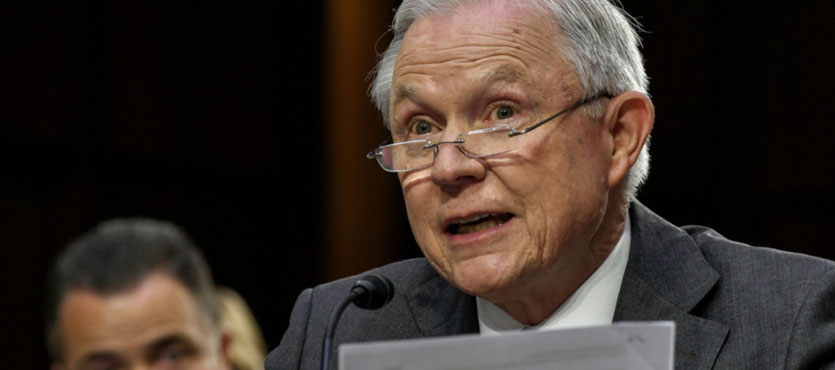Although Vladimir Putin does not want people to know it, mercenaries fight for money in Syria, while contractors fight for America in Afghanistan. When Russian military forces arrived in the country in 2015 to prop up the pro-Russian strongman in a longstanding civil war, mercenaries arrived, as well. Officially, 28 Russian mercenaries have died in Syria during 2017 alone, but …
Criticism Mounts as Nisour Square Prosecution Continues
Attorney General Jeff Sessions is proceeding full steam ahead with the prosecution of several former Blackwater guards who served in Iraq, much to the chagrin of many people. Given the issues in the case and the somewhat political nature of the prosecutions, many hoped that Attorney General Sessions would at least order a review of the case. But that has …
Unknown Soldiers Who are Alive And Well
The DoD’s heavy reliance on military contractors in places like Afghanistan is one reason why there are an estimated 44,000 troops deployed worldwide who are listed in an amorphous “unknown” category. 1.3 million active duty military personnel serve throughout the world, but this figure does not include military contractors, National Guard, or Reserve forces. In a press briefing unveiling the …
A New Development in PTSD Treatment
A newly-discovered treatment may enable injured brains to heal themselves after incidents in Afghanistan or elsewhere. High-resolution Relational Resonance-based Electroencephalic Mirroring (HIRREM) is essentially an acoustic mirror that gives the brain a chance to examine itself, according to Wake Forest Medical School’s Dr. Charles H. Tegeler. Dr. Tegeler and his team studied 18 symptomatic veterans who each received about a …
Four Places Where Contractors Play Pivotal Roles
Most people regard the end of the Spanish-American War as the beginning of imperialism in the United States. The turn of the 20th century also provided Americans with the first glimpse of an anti-insurgency campaign, like the 21st century campaigns in Iraq and elsewhere. Rebels in the newly-acquired Philippine Islands, which had been opposed to Spain, simply turned their guns …





